Minimally Invasive Heart Bypass (CABG) Cost in India
Unlock Exclusive Discount : Your Gateway to Premium Healthcare with Medsurge India Health Value Card.

Unlock Exclusive Discount : Your Gateway to Premium Healthcare with Medsurge India Health Value Card.


Heart bypass surgery creates a new route, called a bypass, for blood and oxygen to reach your heart.
Minimally Invasive Heart bypass (CABG) can be done without stopping the heart. Therefore, you do not need to be put on a heart-lung machine for this procedure.
The most frequent symptoms of CABG comprise:
Angina: once the narrowing of the arteries becomes more crucial, the patient can create symptoms like chest discomfort or shortness of breath. This is known as angina.
Heart Attack: It may be a minor or major heart attack. Sometimes the patient might suffer from a heart attack or myocardial infarction.
A general physical examination is finished. Tests are conducted to find out which arteries are obstructed, just how much they are obstructed, and if there is any heart damage. The following test are largely advised:
A coronary artery bypass graft involves taking a blood vessel from another part of the body — usually the chest, arm or leg — and attaching it directly to the coronary artery over and below the thoracic region or blockage. This fresh blood vessel is called a graft.
The surgical procedure can be performed from the:
Helpful – Congestive Heart Failure Treatment Cost in India
Minimally Invasive Heart Bypass (CABG) Cost in India ranges from Rs. 2.2 Lakh to Rs. 9 Lakh (2650 USD to 10,800 USD). For Minimally Invasive Heart Bypass (CABG) in India, the expenses are subject to variation based on the patient’s condition and the specific treatment approach chosen by the doctor following the results obtained.
| Cities | Starting Price |
| Delhi | USD 2700 |
| Gurgaon | USD 2700 |
| Noida | USD 2700 |
| Mumbai | USD 2800 |
| Hyderabad | USD 2700 |
| Chennai | USD 2700 |
| Kolkata | USD 2700 |
| Bangalore | USD 2900 |
Please note that the pricing and the treatment for Minimally Invasive Heart Bypass (CABG) cost in India will vary depending on the patient’s choice and other various factors.
The following here are some variables that can affect Minimally Invasive Heart Bypass (CABG) Cost in India:
In addition, the quality and level of medical care and facilities offered are on par with renowned healthcare institutions worldwide, even after factoring in the costs of accommodation, meals, and transportation. Moreover, under the guidance of highly proficient doctors, Medsurge India ensures that patients receive the most affordable Minimally Invasive Heart Bypass (CABG) Cost in India.
Know More - Heart Transplant Cost in India
Following are the factors that will affect the treatment price:
Helpful -
A: CABG is done only on patients with severe blockages from the large coronary artery. According to lots of variables, the health care provider will determine if you’re a candidate for CABG.
A: The classic technique of CABG demands the breast bone or sternum be cut into half. The recovery period from traditional bypass surgery takes a longer period of up to 8 weeks since the bone should heal. Whereas in MIC CABG, the surgery is done via the face of the chest. No bones have been cut and recovery is rapid. Healing is usually complete in ten days.
A: The continuing care following CABG include irregular check-ups together with physicians. Tests (EKG, stress testing, and echocardiogram) can be carried out through these visits, to maintain a check on the operation of the center.
A: Complications from coronary artery bypass grafting are rather rare, but the threat is part of every surgical process. Potential dangers include wound infection and bleeding, adverse reactions to anesthesia, fever, headache, stroke, heart attack, or even death.
A: Yes, A patient suffering from diabetes is considered to be the perfect candidate for MICS as disease rates are less.
A: Yes, patients who have undergone a minimally invasive cardiac procedure are usually able to resume most or all of their normal within two to four weeks after their surgery.
A: Complete recovery may take 2-4 weeks, which depends on patient to patient.
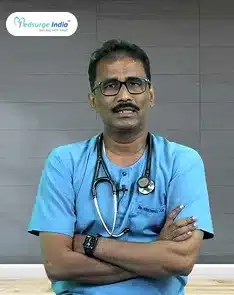
Interventional Cardiologist
Clinical Director
17+ Years
Care Hospital, Bhubaneswar
View Doctor
Interventional Cardiologist
Clinical Director
25+ years
Care Hospital, Bhubaneswar
View Doctor
Interventional Cardiologist
Clinical Director and Head of Department
36+ years
Care Hospital, Bhubaneswar
View Doctor
Interventional Cardiologist
HOD & Senior Consultant
17+ years
Meitra Hospital, Calicut, Kerala
View Doctor
Interventional Cardiologist
Senior Consultant
25+ years
Care Hospitals HITEC City
View Doctor
Interventional Cardiologist
Senior Consultant
10+ years
Care Hospitals HITEC City
View Doctor
Interventional Cardiologist
Director & Senior Consultant
22+ years
Care Hospitals HITEC City
View Doctor
Interventional Cardiologist
Senior Consultant
25+ years
Care Hospitals HITEC City
View Doctor
Interventional Cardiologist
Senior Consultant
28+ years
Baby Memorial Hospital
View Doctor
Interventional Cardiologist
Senior Consultant
14+ years
Baby Memorial Hospital
View Doctor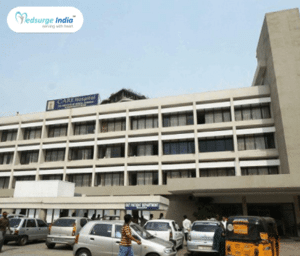
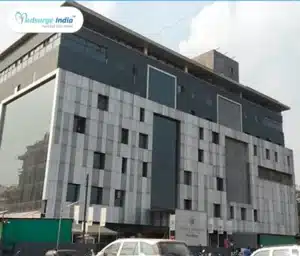
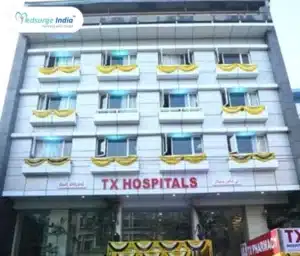
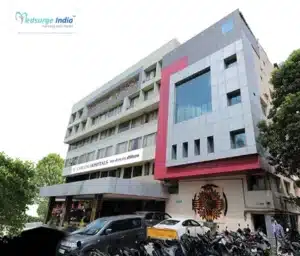



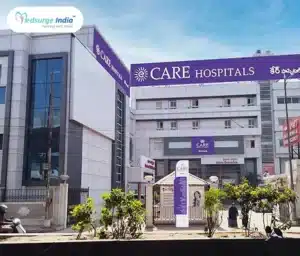
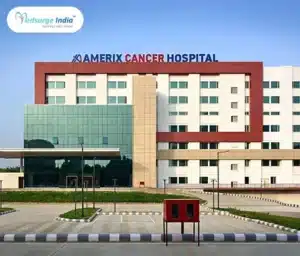
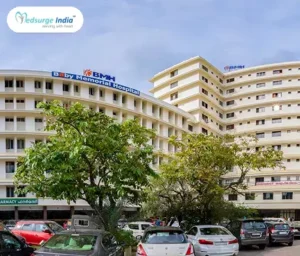
By using our site, you agree to our Terms and Conditions, Privacy Policy and Refund Policy. Medsurge India provides reliable healthcare information and treatment options to support informed decision-making. Our content is designed to support and complement the guidance of your treating doctor, helping you feel informed and confident throughout your healthcare journey. We also Accept International Payments.

Copyright © 2025 NSM ONLINE SOLUTIONS PRIVATE LIMITED. All rights reserved.